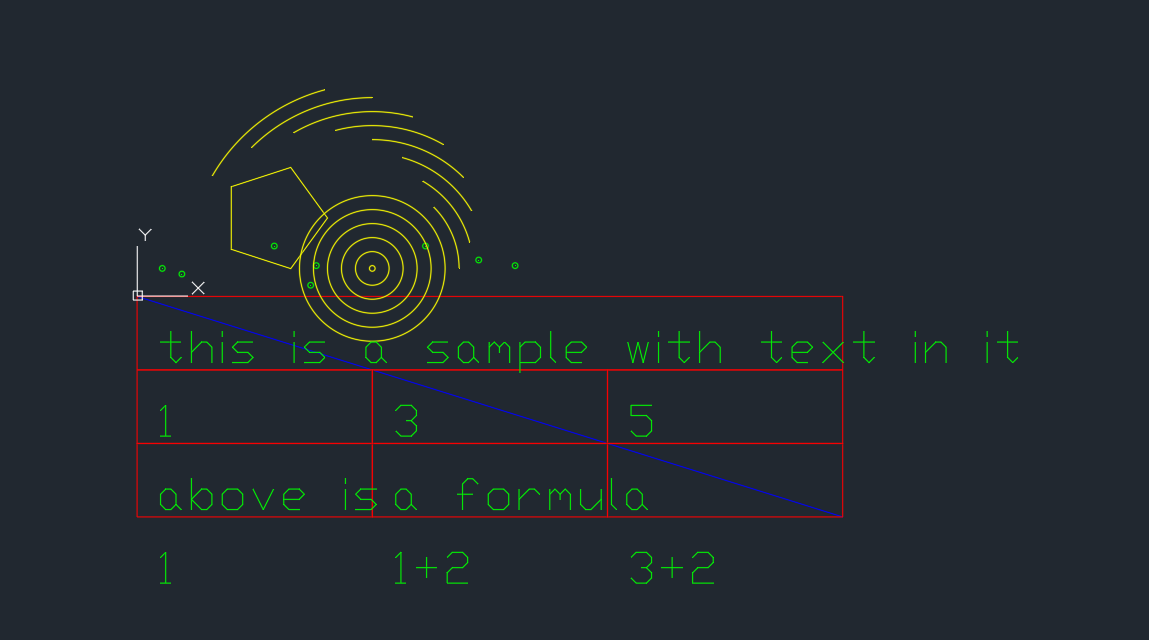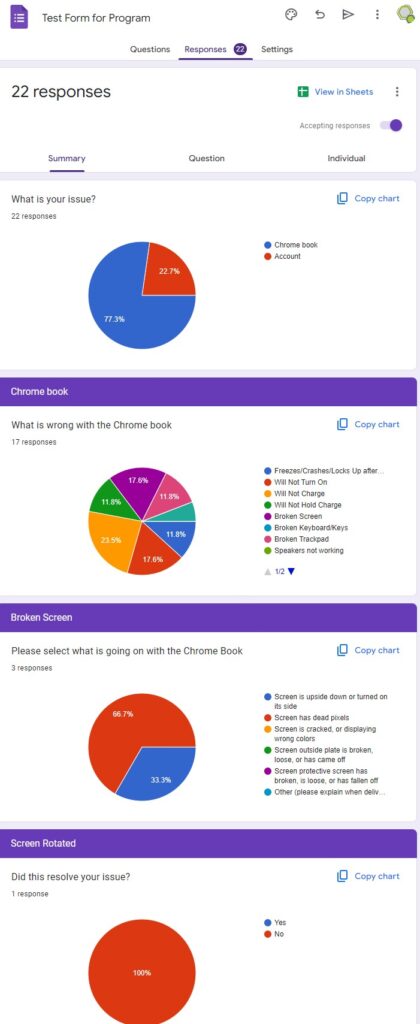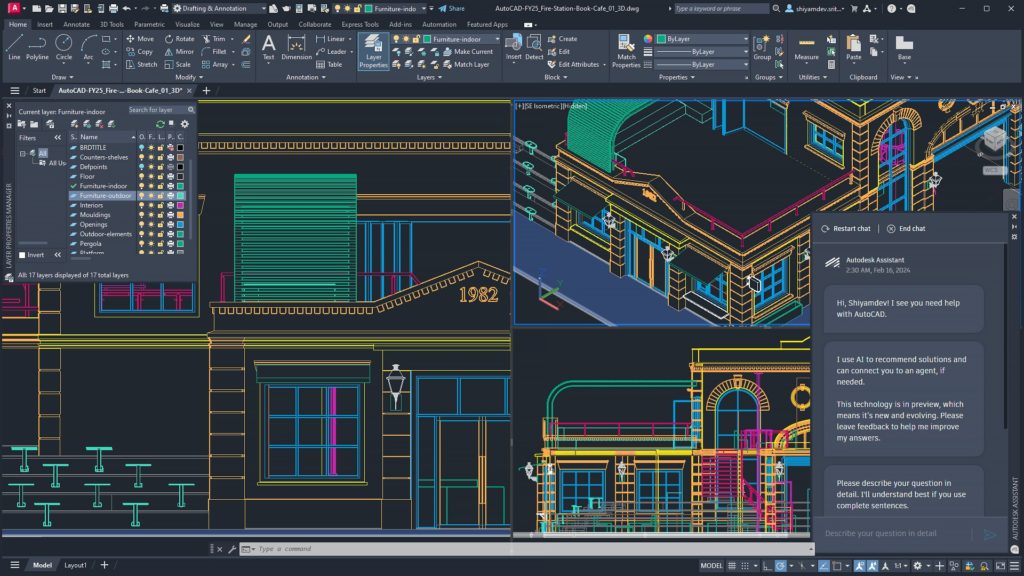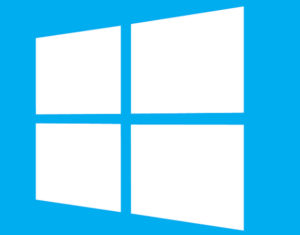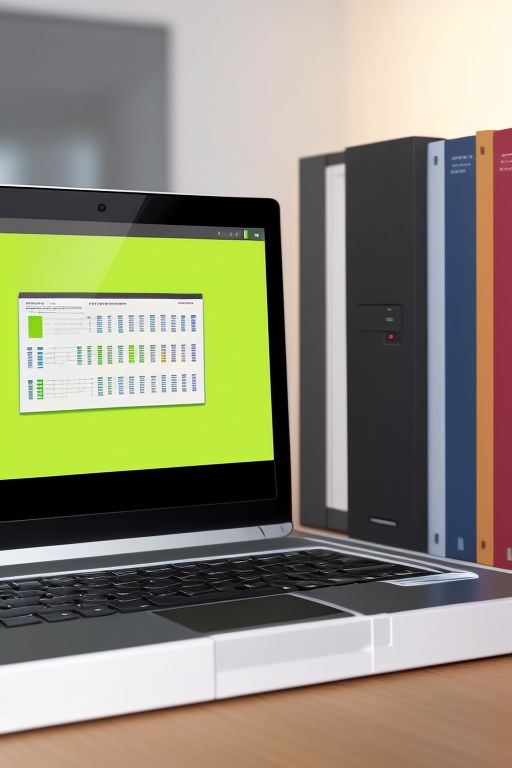Microsoft is dropping support for Windows 7. What does this mean?
 Microsoft Windows 7 will soon be coming to an end. What does this mean?
Microsoft Windows 7 will soon be coming to an end. What does this mean?
 Microsoft released a newsletter in the form of an email last week (July 19th, 2019) stating the termination of support for their operating system, Windows 7. The last date for support on this operating system will be on January 14, 2020. This should come to no surprise as Windows 7 is technically out dated, being released a decade ago (July 22, 2009). The reason most people saw this coming was because of the previous drop in support Microsoft had with their most successful operating system, Windows XP.
Microsoft released a newsletter in the form of an email last week (July 19th, 2019) stating the termination of support for their operating system, Windows 7. The last date for support on this operating system will be on January 14, 2020. This should come to no surprise as Windows 7 is technically out dated, being released a decade ago (July 22, 2009). The reason most people saw this coming was because of the previous drop in support Microsoft had with their most successful operating system, Windows XP.
 In 2014 Microsoft released news in the same manner that support would be ending for Windows XP. Just like Windows 7, XP was supported for a decade (actually just over a decade at 12 years) after its original release, August 22, 2001.
In 2014 Microsoft released news in the same manner that support would be ending for Windows XP. Just like Windows 7, XP was supported for a decade (actually just over a decade at 12 years) after its original release, August 22, 2001.
Some people may be wondering, ‘What will happen to my current version of Windows 7?’. The answer; absolutely nothing.
If you are currently running Windows 7 you can still keep using it. The only disadvantage to this is that Windows 7 will not be receiving updates from Microsoft, but honestly, who really wanted those updates anyway?
As a general rule of thumb, I never relied on Microsoft security. There are plenty of good, free, virus scan programs and firewall applications out there to keep you safe. Just Google what you need and read reviews, find the best one for you. The beautiful thing about going with third party applications, the companies will keep sending out updates and will keep up with the latest protection protocols. Why you ask? Because as a software developer myself, I know how easy it is to keep Windows XP, Windows 7, Windows 8 and Windows 10 inside the realm of supported operating systems. It boils down to the Net Framework of the software. By using a framework that is low enough to work on XP (Net Framework 4.0) the developer can rest assured that the application can receive updates on anything XP and forward. This means it would be more trouble for the developer to drop support on an operating system rather than to keep an old framework and keep developing updates on something they know will reach future clients while still keeping their current clients happy.
I’m sure the next question you are asking is, ‘If this is true, and its easier to just update software, then why is Microsoft dropping support?’ That is easy. Unlike the third party applications that make software for the operating system, Microsoft is making the operating system. They want to push the latest and greatest product because that is where they are making money. It is good marketing to ‘drop support’ on an old operating system to boost sales on the latest version. In the image above, look at what is in bold, blue letters at the very top of the email screen shot. ‘Windows 10’.
In closing, yes, Microsoft will be dropping support for Windows 7 operating system on January 14, 2020. Yes, you can still use and operate Windows 7 without harm after this date. The only downside is that Microsoft will no longer be sending out updates for Windows 7 (which no one really liked anyway). Yes, you can obtain software to keep you system safe and secure after this date from third party suppliers.
 If you are the type of person that wants to stay up-to-date and grab the latest software, Microsoft is now offering a free upgrade to Windows 10 with every purchase of Microsoft Office 365 Business. You can check out the upgrade deal by following this link or clicking the picture to the right.
If you are the type of person that wants to stay up-to-date and grab the latest software, Microsoft is now offering a free upgrade to Windows 10 with every purchase of Microsoft Office 365 Business. You can check out the upgrade deal by following this link or clicking the picture to the right.
As always, if you like this article and would like to see more please visit our other post. If you would like to comment please do, we would love to hear from you!






